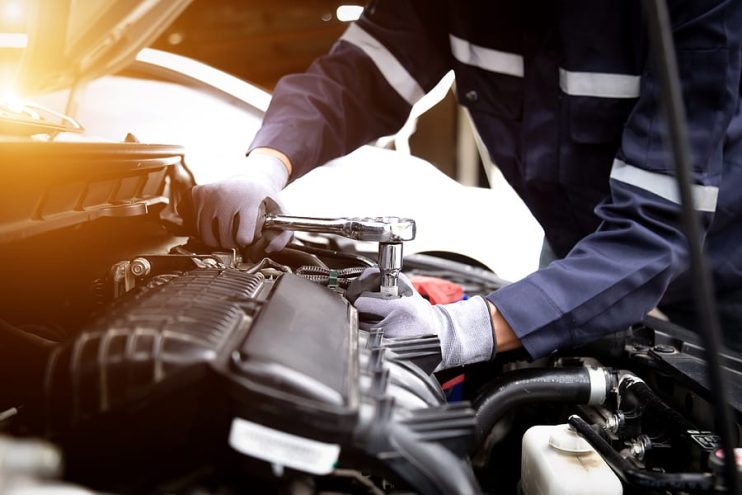
There are many potential causes of a misfiring engine. Some of the most well-known include issues with worn out spark plugs, a weak pressure through the fuel injectors, a vacuum leak, fatigued valve seals, or even issues with the power going to the engine coil. Whatever the reason behind a misfiring engine, you’ll want to get eyes on the problem as soon as possible, as it can rapidly get worse, causing associated systems and parts within your engine to suffer damage. What are some of the most common causes and symptoms of a misfiring engine?
Table of contents:
What is a Misfire?
Power in the engine is dependent on three crucial factors; fuel to ignite and drive combustion, oxygen to power the reaction, and a spark to start the process. Efficient engines require each of these factors to be perfectly synchronised, so if one factor doesn’t work at the ideal moment this can cause problems.
Misfires happen when the combustion process remains incomplete, with the cylinder unfired. Your engine will stutter for a moment. This could happen when you start the car, or are out on the road. And whilst many misfires may seem like a momentary event, even one misfire is often a tell-tale sign that something is not right within the engine and should require further investigation, as every time a misfire occurs, this can cause damage to your vehicle’s working parts as well as increasing emissions and fuel consumption, and decreasing engine power.
Common Causes of Misfiring
These are some of the best recognised culprits behind a misfiring engine:
Air and Fuel Mix Issues
Air mixes with fuel and is subsequently ignited by the spark plug. It’s the combustion process that drives the engine. However, if the mix isn’t quite right, which could be down to anything from a vacuum leak to a failing fuel injector, then this could cause a misfire in the engine.
Control Circuit Issues
In a modern car, all of the engine management devices (such as the air flow sensor and ignition coil packs) are connected via electrical circuits. If these connections are not working properly, this could result in incorrect information being fed to the engine management system, causing a misfire.
Sensor and Module Problems
It’s not only the electrical connections that can cause the car to misfire. If there are issues with the actual sensors and modules, then this could cause knock on issues with vital engine functions such as the delivery of fuel or the timing of spark plugs. Additionally, if the PCM is suffering from a malfunction, then this could also cause a misfire.
Mechanical Issues with the Engine
If the cylinder isn’t closing properly when propelled upwards by the piston (in other words – if there’s any kind of air gap) then this can cause a misfire. The cylinder must effectively compress the air fuel mixture within this space for efficient combustion – when there is a failure to achieve a full seal this can cause a loss of compression, which in turn could lead to the engine misfiring.
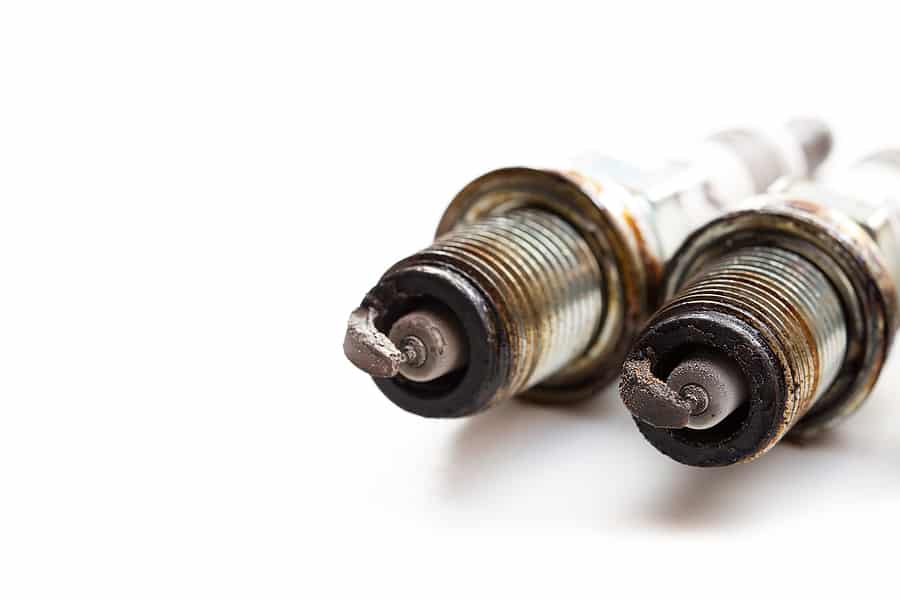
Issues with Ignition System
You’d be forgiven for thinking that all issues with misfires emanate from worn out spark plugs; this isn’t always the case. Spark plugs are only one component in the engine’s ignition system. Other parts such as the control module, crankshaft position sensor, and coil packs, all play a vital role in most vehicles’ ignition system, and a problem with any of these could cause a misfire.
Emissions Systems Issues
Modern cars have been designed to be as environmentally friendly as possible. Two of the parts that reduce the number of particles emitted into the air include the exhaust gas recirculation system and the positive crankshaft ventilation system. Problems or malfunctions with either of these systems can throw out the air fuel mix to the point which it causes a misfire.
Giveaway Symptoms
Don’t ignore these signs that your engine could be misfiring – which could be a sign of a serious problem in your engine…
Rough Acceleration
When your engine misfires, this can feel like a sudden weak or hard pull coming from the engine. The most common time for this to happen is when you’re at low revs, in a high gear, and you’re depressing the accelerator pedal. If the car doesn’t seem to be speeding up in a smooth, uniform manner, but instead is jumpy, then the rough acceleration is a sign of a misfire.
Stuttering Idle
If the sensors in your engine aren’t getting the air-fuel mix in your engine quite on point, then this can cause your car to get twitchy and misfire under idle. Your engine may even shut down completely. Because cars are very sensitive to the air-fuel mix quality under idle, this can be one of the first signs that you’re experiencing misfires.
Vibrations and Judders
If your vehicle’s cylinders start misfiring, then this can play havoc with the vibration dampening systems such as the balance axle. Misfires can cause heavy vibrations in your cabin under acceleration or idle.
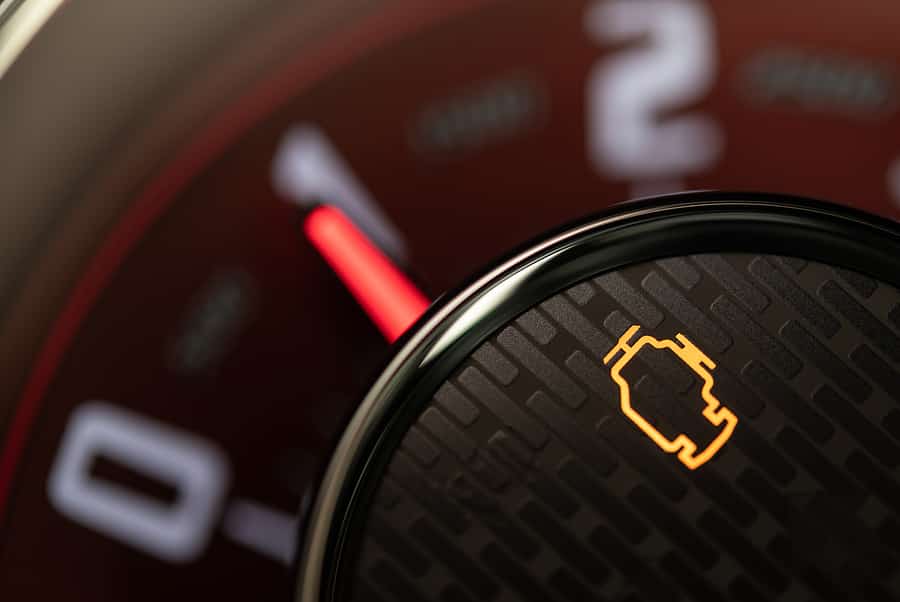
Check Engine Light
If one of the many sensors within the engine detects that something isn’t quite right, then it will send the information to the ECU. If the same problem occurs multiple times this will cause the check engine light to notify you of the issue. Get the vehicle to a mechanic, who can check the diagnostic code and tell you if the engine is misfiring.
Sluggish Acceleration
If issues with the engine sensors cause a rich or lean air-fuel mix, then this can lead to reduced performance, resulting in sluggish or slow acceleration. Should the mix become overly rich or lean, it could even put your car into a limp mode, shutting down the turbo and limiting your RPM.
Engine Noise
Over time most drivers will become accustomed to the noises made by their cars, with a fiery V6 making a distinctly different roar to the hum of a city hopping 2 cylinder engine. If you notice a change in your engine noise, then this could be another indicator of the engine misfiring.
Our Final Word – Can You Drive with a Misfiring Engine?
You may be able to drive with a misfiring engine. However, there’s no split on the expert opinion – which is that you really should get the car to the mechanic, the moment it starts playing up for an inspection. If your vehicle’s engine is misfiring when you’re on a dual carriageway or a motorway, carefully make your way over to the side of the road and make it safe for both yourself and other road traffic. Always be cautious when your vehicle starts suffering from problems – you can always make a call and apologise if you’re late. There’s no going back on a road crash or accident.
If your vehicle has been suffering from misfires, then avoid taking it out on the road till you’ve discovered the cause of the issue. Whilst it may not be ideal for the demands of modern life, it is better than having your engine break down or suffer from severe damage because of successive misfires and having to fork out for a replacement engine.

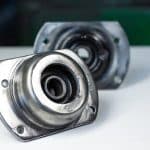
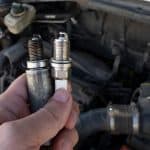

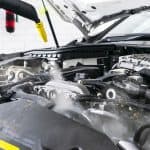
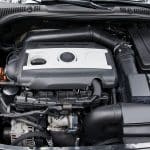
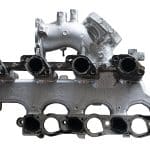
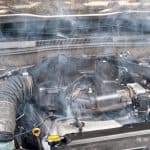
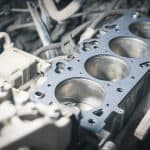
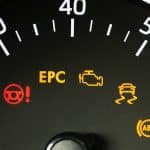


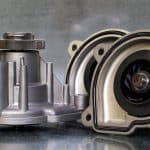
.png)